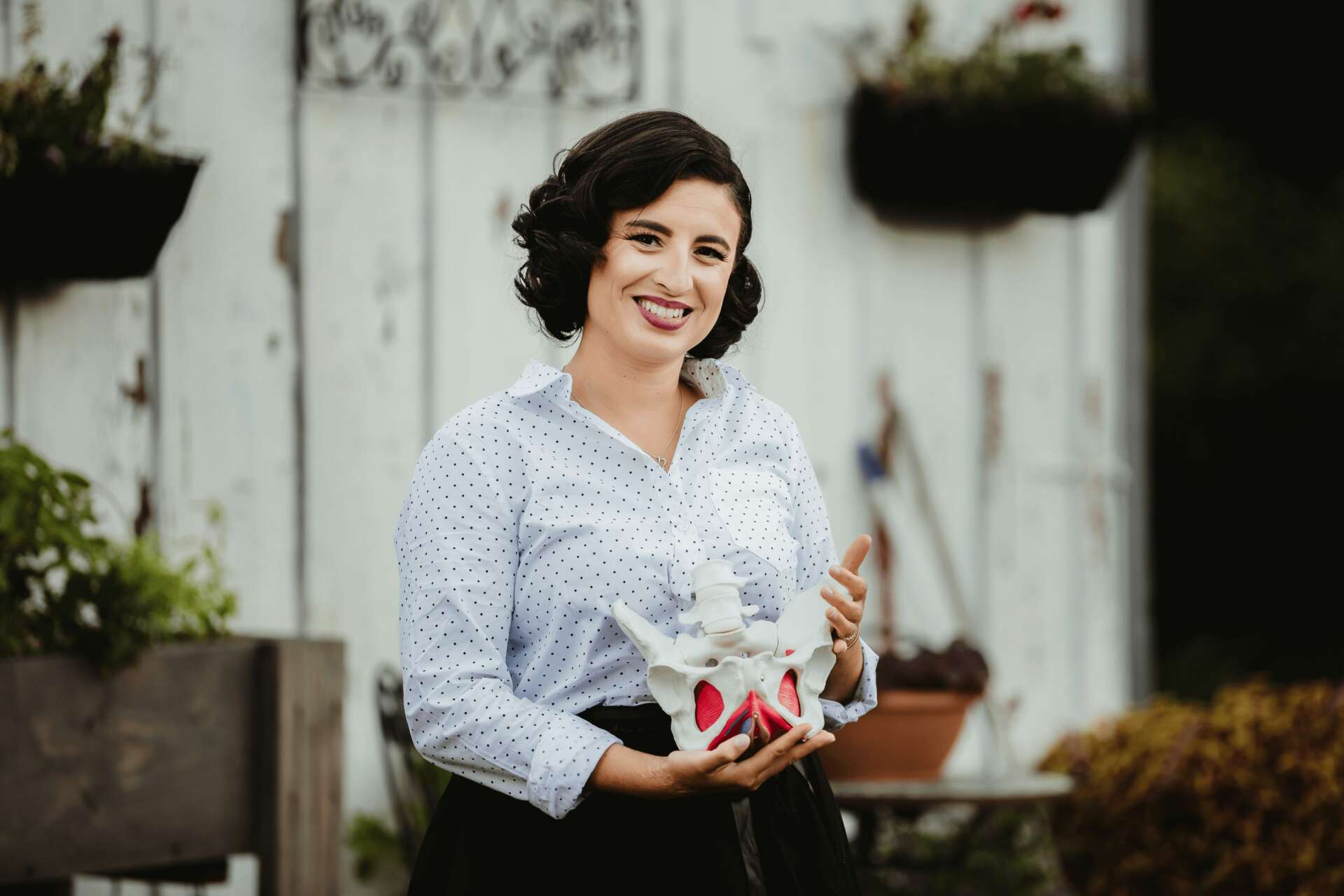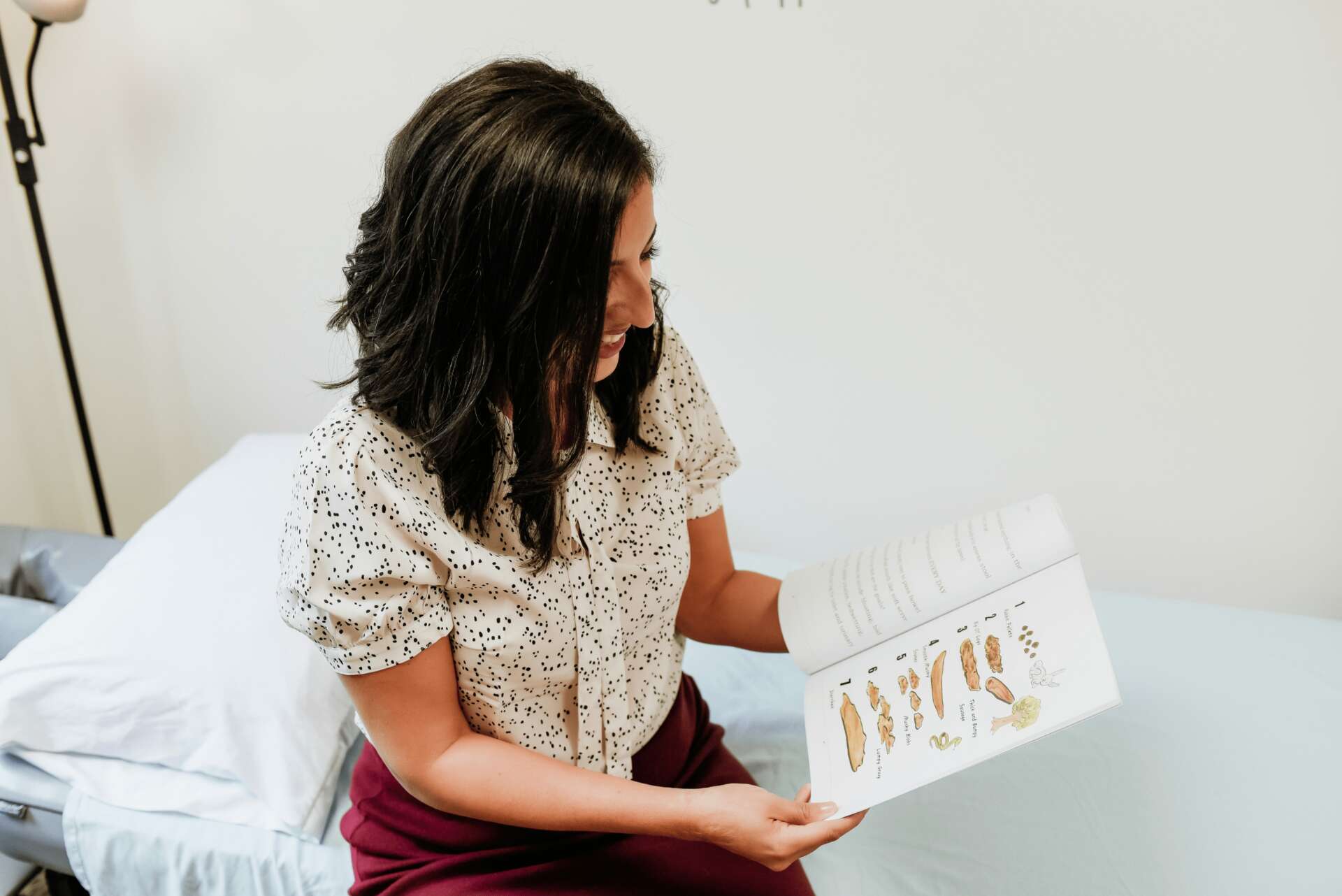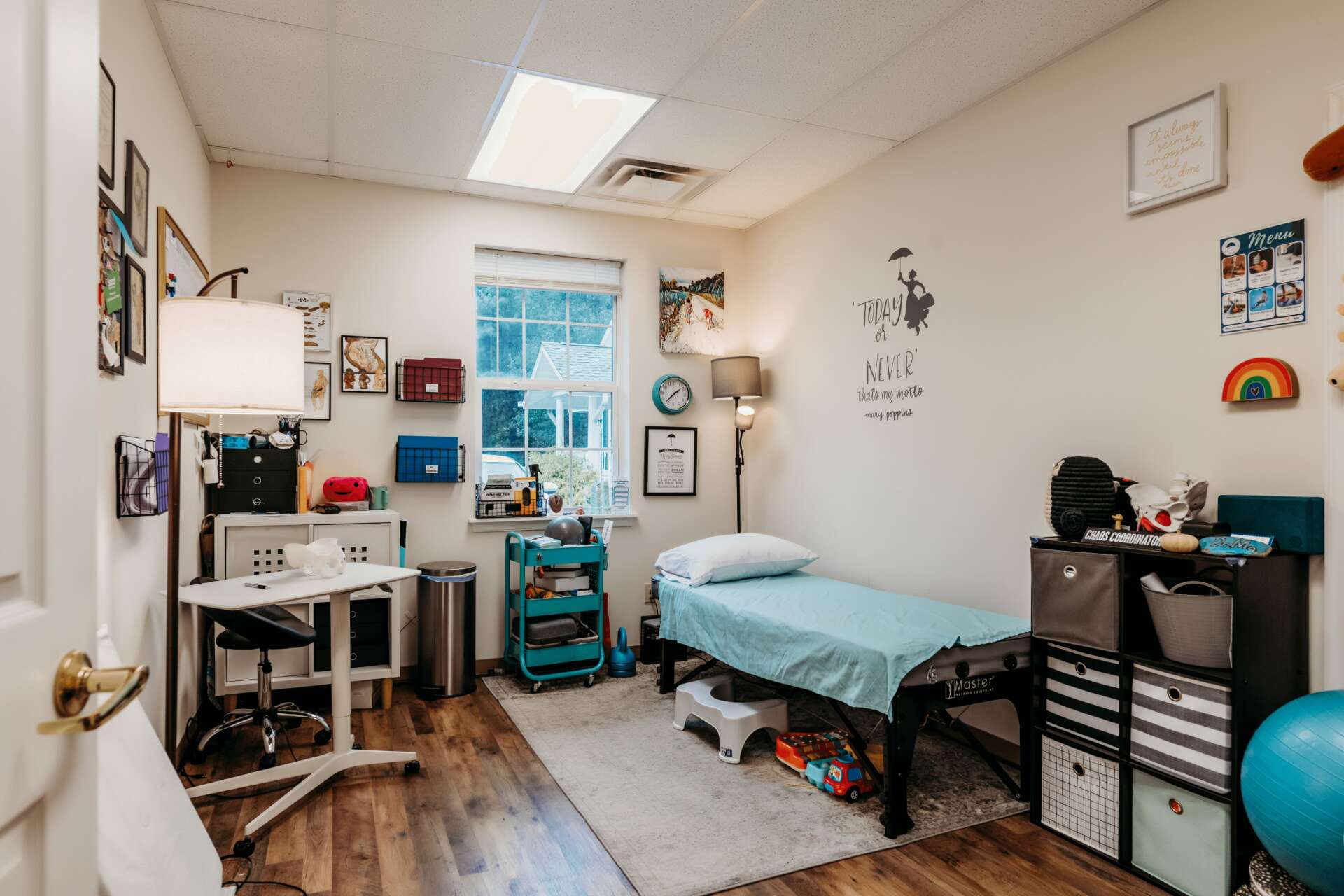Alright – so today we’ve got the honor of introducing you to Mora Pluchino. We think you’ll enjoy our conversation, we’ve shared it below.
Mora, looking forward to hearing all of your stories today. Was there a moment in your career that meaningfully altered your trajectory? If so, we’d love to hear the backstory.
When I was thirteen, I was badly burnt in a cooking accident while trying to make churros for a school Cinco De Mayo project. I had to be in a burn unit for 11 days, having had 10% of my body burned on my face, arm and side. The only medical professionals who had listened to me and helped reassure me I’d get back to normal were my physical therapists. They taught me how to return to combing my own hair, learning how to write with my left hand, and get back to my school and work activities at the time which included a really busy babysitting schedule.
After that, I worked hard to get into physical therapy school, swearing I would be a pediatric therapist someday. When you’re in PT school you have to do clinical affiliations where you work with a supervising therapist for 2 – 3 month intervals and in completing mine, I realized I loved all areas of PT but especially pediatrics and pelvic health.
Another personal obstacle I had struggled with since I started getting a period was insertional pain and this only worsened when I started trying to become sexually active. This was back in the early 2000s and it wasn’t like today where you could google something like “it doesn’t fit” or “why is my vagina broken?” I just knew I couldn’t have sex comfortably like my peers and wanted to fix it. I would sit in the college library reading sexual health magazines and the Diagnostic and Statistical Manual of Mental Disorders (DSM). Side note…you may be thinking, “why the DSM?” Well, back then, any insertional or sexual dysfunction was considered a mental health problem!
Two years later, I went to a conference while in PT school called the Combined Section Meeting and saw a presentation about pelvic floor therapy and how it helped people with all of their urinary, bowel, and sexual dysfunction. I was intrigued, this spoke to me deeply. As they described how to become this type of specialist, I quickly decided NOT to pursue it because I didn’t want to have to attend a course where 20+ providers worked in my broken pelvic floor.
I started working as a PT I’m 2009, focusing my career in pediatrics and adult neurological patients. I continued to rehab my own pelvic floor to be able to reach my goals of having a comfortable sex life and be able to have a baby. A few years later, a pelvic floor therapist moved into a room on the same floor as the pediatric department I supervised and she convinced me to be brave and take my first pelvic function class. I have never looked back and am so thankful I was brave enough to add this specialty training to my clinical skills.

Mora, love having you share your insights with us. Before we ask you more questions, maybe you can take a moment to introduce yourself to our readers who might have missed our earlier conversations?
Now that I’ve told what seems like my life story, let me backup and introduce myself. My name is Mora Pluchino. I’m a doctor of Physical Therapy and am a Pelvic Rehabilitation Certified Practitioner. I am the owner of Practically Perfect Physical Therapy and my life’s work is helping people feel practically perfect in their bodies. I got into the physical therapy industry by being a patient. I saw how healthcare can let a patient down and how caring providers can show up, coach, and empower their patients to reach their full potential to fully live their lives.
When people think of physical therapy, many times they think we’re either massage therapists or athletic trainers. Our profession is so much more. We are neuromusculoskeletal experts and the quarterback of the medical field. There are many niches of PT. It is important to note that not all therapists are created equally, but there are many who dedicate time and money to their continuing education to become truly advanced providers.
I solve as many problems as I can with my clients. Many times, when people get to me, they have been through IT. I help them by listening to their journey, helping them process it in a cohesive way and then addressing the parts I can help with, which are usually plentiful. I also have an awesome network of like minded professionals to refer to as needed.
There are a few ways to work with me. Our practice sees patients for 1:1 insurance based services in our office in Galloway, NJ. We also offer online wellness pelvic health coaching for patients who are not local. I am also passionate about empowerment, education, and prevention and so we offer in person and online wellness classes for families covering topics like birth preparation, baby’s development, feeding skills, teaching teens about sex, and other workshops our clients ask for!
What sets me and my practice aside from others is our knowledge, experience, and focus on the whole person. We want your experience with us to feel like puzzle pieces coming together to show you a full picture of the healthier version of yourself.
I am most proud of our inclusive, non-judgemental environment. We’re here to meet you where you are at, working on the goals you have for yourself. Our practice is trauma informed which means we’re a safe space to focus on healing, no matter where you are in your life.

We often hear about learning lessons – but just as important is unlearning lessons. Have you ever had to unlearn a lesson?
One lesson I had to learn and frequently help my patients unlearn is the shame associated with our pelvic areas. As someone who attended Catholic school and also grew up in a family that gently encouraged waiting until marriage for sex I felt some of this pressure. I was taught that our private parts are valuable, linked to emotions, and that intimacy should be a natural progression of a committed relationship. As a member of society, I felt other pressures. Be skinny. Be hairless. Don’t be demanding. Don’t complain. Don’t ask for what you want. Don’t be needy. Your body as it is is unnatural. Bodily fluids are bad. Vaginas should smell like vanilla cupcakes. I could go on, but you get my point.
Society tells us we’re not good enough in what we see on TV, in magazines, on social media, etc. It shows inaccurate depictions of things like relationships, sex, intimacy, sexuality, childbirth, postpartum, and other aging processes. People subtly compare themselves to these portrayals and come up feeling less than or broken.
I encourage my patients to learn about what is real and normal for their bodies and relationships. I empower my patients to stop caring what others think or expect and lean towards things that bring them peace and joy.

Training and knowledge matter of course, but beyond that what do you think matters most in terms of succeeding in your field?
One of the things I feel helps me most (and my patients frequently say this) is that I have been there and done that. I’ve been a patient. I’ve been unable to do activities in my life that I wanted to. I have had to do self work, both physically and emotionally to optimize certain parts of my life. I have had to have hope when things seemed hopeless. I have had to keep working on goals for years before reaching them. I bring all that experience into creating goals and plans of care with my patients to help them succeed.
Contact Info:
- Website: https://www.practicallyperfectpt.com
- Instagram: @practicallyperfect.pt
- Facebook: https://www.facebook.com/practicallyperfectPT
- Youtube: https://www.youtube.com/channel/UCUyClnjWUltUO0HyNnVq5uA

Image Credits
Nicole Albertson Photography


